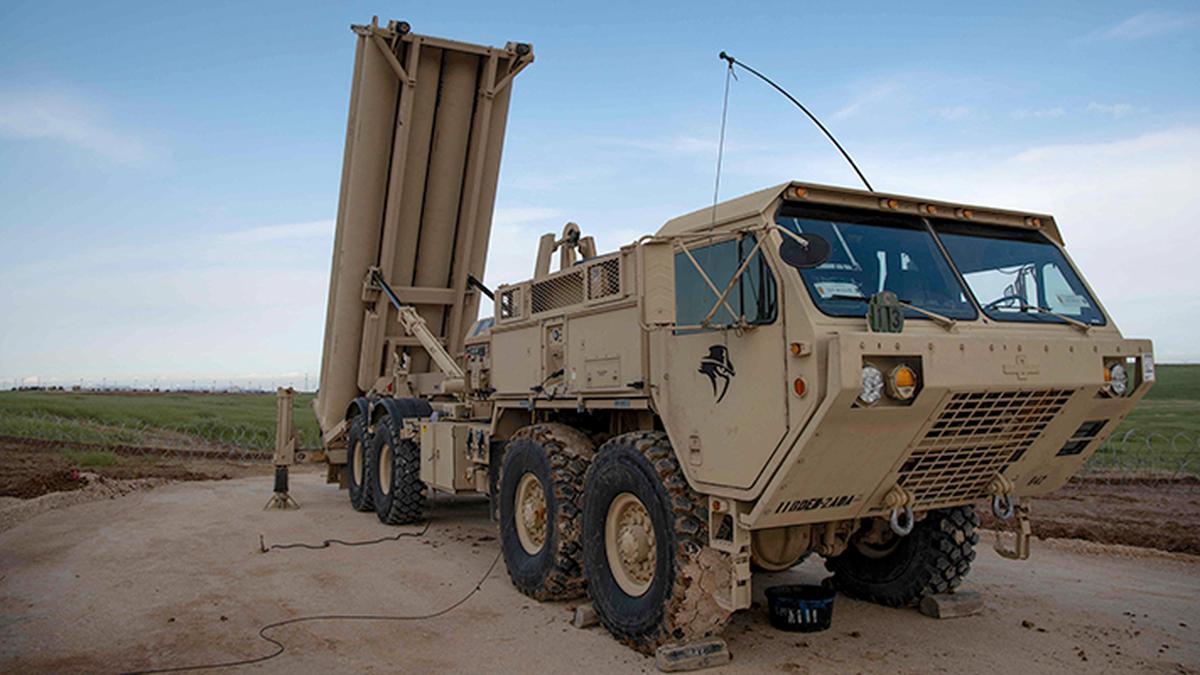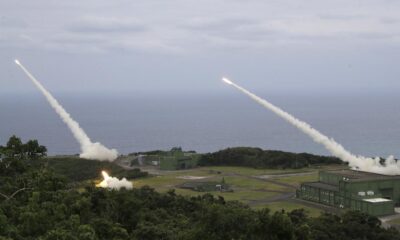An advanced U.S. military anti-missile system was deployed in Israel to intercept a projectile for the first time since President Joe Biden placed the system in Israel in October, a source familiar with the matter told Reuters on Friday (December 27, 2024).
The THAAD, or Terminal High Altitude Area Defense system, was utilized to intercept a projectile from Yemen within the last 24 hours, and its success is being analyzed, said the anonymous source.
The Pentagon has not yet responded to queries regarding the incident.
Israel conducted strikes on multiple targets associated with the Iran-aligned Houthi movement in Yemen on Thursday (December 26, 2024), which included Sanaa International Airport. Houthi media reported at least six casualties as a result of the attacks.
The Houthis have frequently launched drones and missiles towards Israel in solidarity with Palestinians in the Gaza Strip.
In October, President Biden deployed the THAAD system, manufactured by Lockheed Martin, in Israel along with approximately 100 U.S. soldiers to enhance the country’s defense capabilities. THAAD plays a crucial role in the U.S. military’s air defense systems and complements Israel’s existing anti-missile defenses.
Following the Israeli airstrikes, the top U.N. aid official in Yemen, Julien Harneis, expressed concern on Friday (December 27, 2024) about the impact on humanitarian operations if Sanaa airport is disabled. He emphasized the need for parties in the conflict to avoid targeting civilian infrastructure.
Harneis also highlighted the humanitarian crisis in Yemen, with over half the population requiring assistance and an expected rise in need due to worsening economic conditions.
He pointed out the significance of Hodeidah port, which imports a large portion of Yemen’s food supplies, and warned that damage to the port would lead to severe suffering for Yemenis.
Published – December 28, 2024 05:51 pm IST








































